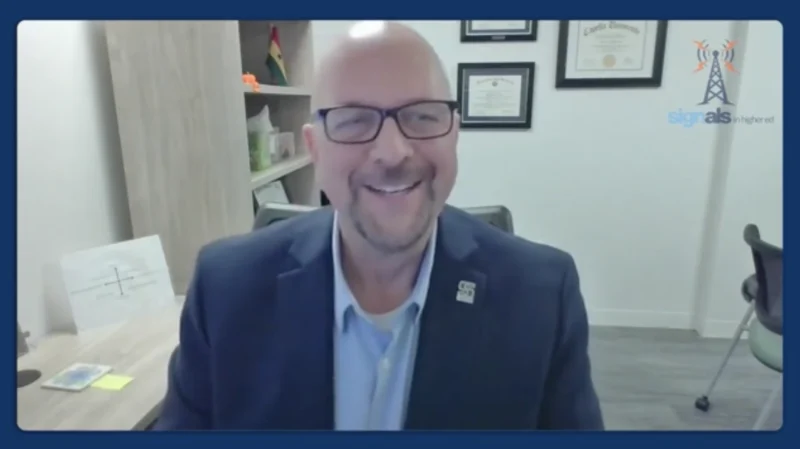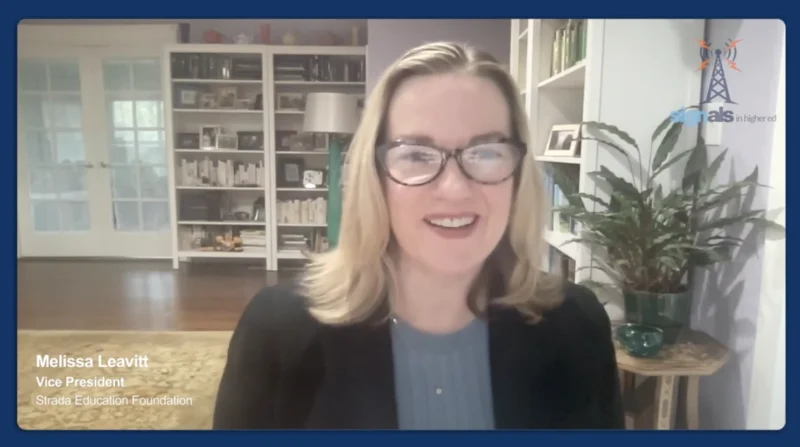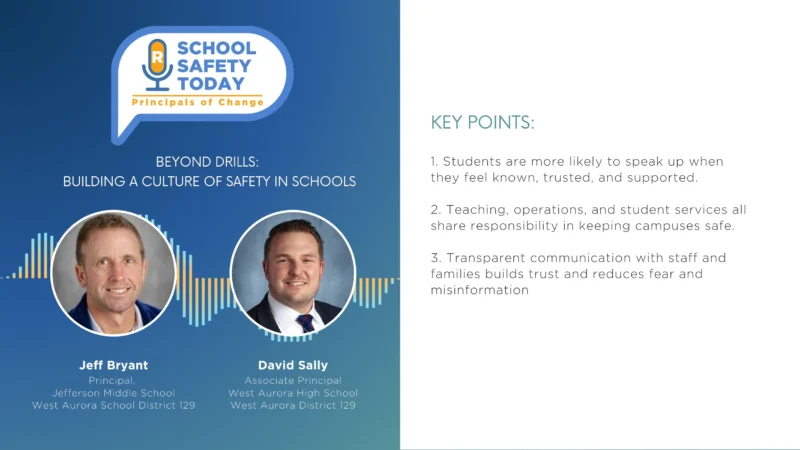Just Thinking…How Networking, Advocacy and Innovation Fuels Success in Small School Districts
In today’s evolving educational landscape, small school districts face unique challenges, especially in rural areas. From limited staffing to navigating red tape, these districts must balance providing quality education with overcoming systemic barriers. With nearly 69% of California’s school districts serving fewer than 5,000 students, finding sustainable solutions for these challenges has become critical. One study highlighted the higher per-student costs of running schools in rural areas compared to urban counterparts, due to issues like travel, infrastructure, and resource distribution.
How can rural districts foster innovation and collaboration to bridge these gaps?
In this episode of Just Thinking, host, Kevin Dougherty, delves into this pressing question with guest Yuri Calderon, Executive Director of the Small School Districts Association (SSDA) of California. The conversation explores creative solutions for building professional networks, advocating for streamlined regulations, and tackling staffing shortages in underserved communities.
Highlights from the Episode:
- Building Professional Networks: Calderon underscores the importance of creating opportunities for educators to connect, learn, and support one another through forums like SSDA’s E3 series.
- Advocacy for Rural Education: Discussions focus on reducing bureaucratic burdens and empowering local superintendents to focus on student success.
- Innovative Staffing Solutions: From partnerships with universities to creating affordable housing for teachers, Calderon shares practical approaches to addressing rural staffing shortages.
Yuri Calderon brings over three decades of experience in education, having worked as an attorney, consultant, and Chief Business Officer in various school districts. As Executive Director of SSDA, Calderon champions the needs of California’s small school districts, ensuring their voices are heard in policy discussions. His leadership emphasizes collaboration, innovation, and equity for rural schools and their communities.




